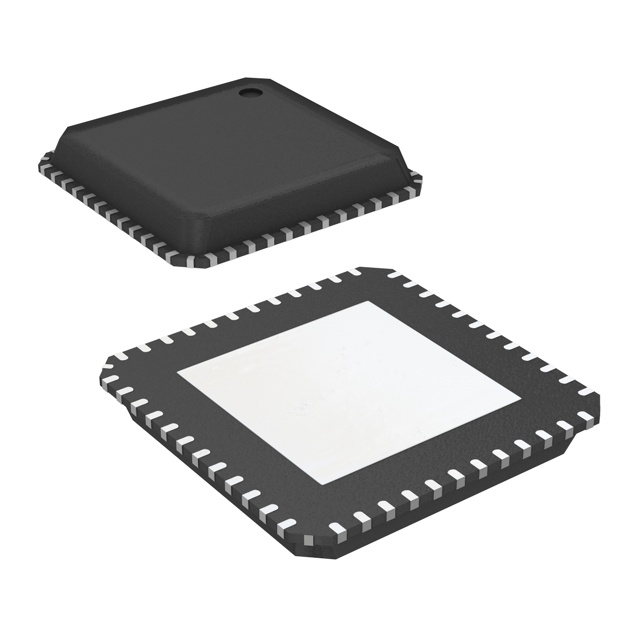
VSP2272M/2K
Obsolete12-BIT, 28 MSPS 1-CHANNEL AFE FOR CCD SENSORS
Deep-Dive with AI
Search across all available documentation for this part.

VSP2272M/2K
Obsolete12-BIT, 28 MSPS 1-CHANNEL AFE FOR CCD SENSORS
Deep-Dive with AI
Technical Specifications
Parameters and characteristics for this part
| Specification | VSP2272M/2K |
|---|---|
| Applications | Consumer Video |
| Function | Processor |
| Mounting Type | Surface Mount |
| Package / Case | 48-VFQFN |
| Supplier Device Package | 48-VQFN (7x7) |
| Voltage - Supply [Max] | 3.6 V |
| Voltage - Supply [Min] | 2.7 V |
Pricing
Prices provided here are for design reference only. For realtime values and availability, please visit the distributors directly
| Distributor | Package | Quantity | $ | |
|---|---|---|---|---|
| Texas Instruments | LARGE T&R | 1 | $ 24.72 | |
| 100 | $ 21.97 | |||
| 250 | $ 18.06 | |||
| 1000 | $ 16.16 | |||
Description
General part information
VSP2272 Series
The VSP2272 device is a complete mixed-signal processing IC for digital cameras providing signal conditioning and analog-to-digital conversion for the output of a charge-coupled device (CCD) array. The primary CCD channel provides correlated double sampling (CDS) to extract the video information from the pixels, –6-dB to 42-dB gain range with digital control for varying illumination conditions, and black level clamping for an accurate black level reference. Input signal clamping and offset correction of the input CDS are also performed. The stable gain control is linear in dB. Additionally, the black level is quickly recovered after gain change.
The VSP2272Y device is available in a 48-lead LQFP package and the VSP2272M device is available in a 48-lead P-VQFN package. Both devices operate from a single 3-V/3.3-V supply.
The VSP2272 device is a complete mixed-signal processing IC for digital cameras providing signal conditioning and analog-to-digital conversion for the output of a charge-coupled device (CCD) array. The primary CCD channel provides correlated double sampling (CDS) to extract the video information from the pixels, –6-dB to 42-dB gain range with digital control for varying illumination conditions, and black level clamping for an accurate black level reference. Input signal clamping and offset correction of the input CDS are also performed. The stable gain control is linear in dB. Additionally, the black level is quickly recovered after gain change.
Documents
Technical documentation and resources


